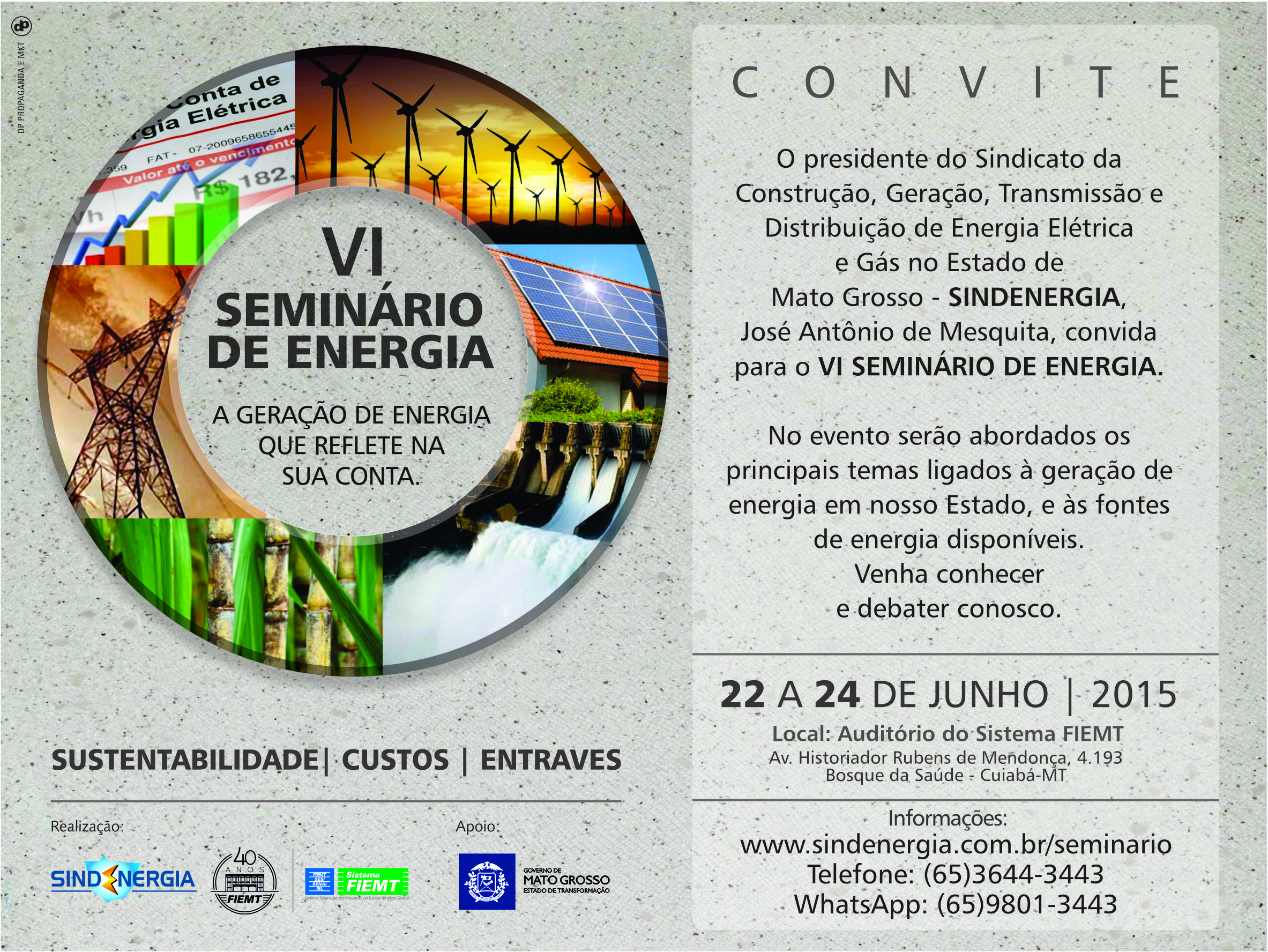Fonte: ANEEL
Aneel approved today (09/15) the review for Procedimentos de Distribuição de Energia Elétrica no Sistema Elétrico Nacional (Prodist), which regulate the relationship between energy distributors and consumers and generators connected to distribution systems. With the decision of the elected board, from January 1st, 2010, the concession will no longer pay a fine for noncompliance of the collective indexes of continuity (DEC and FEC) and will directly compensate consumers for the interruption of services that exceed the individual limit of Duration Interruption per Consumer Unit (DIC), Frequency Equivalent Interruption per Consumer Unit (FIC) and Maximum Duration of Continuous Interruption per Consumer Unit (DMIC). The compensation will be made as a discount in the billing of the month following the settlement period.
The continuity of electric service is governed by Aneel by limiting both the indicators of collective equivalent Duration of interruption by the consumer unit (DEC) and equivalent frequency of interruption per consumer unit (FEC). Currently, when these indicators are violated, the distributors are subject to discipline. For the collective indicators, the licensee who fails to comply with the limits receives a fine that is collected to make up the Energy Development Account (CDE) *.
Module 8 of Prodist is laying the end of a fine for violation of the collective indicators and the transfer of amount of penalty abolished for the consumer and increases the incentive for distributors to improve the quality of the service by setting more demanding limits for the individual indicators. Thus, the entire amount to be paid by distributors for breaking the indicators of continuity is due to consumers who have the service stopped above the established limits. The compensation follows a formula that takes into account the time of limit trespassing multiplied by the corresponding time of distribution costs. This result should be multiplied by 15, which is the compensation factor determined for the residential consumer. To illustrate it, consider a consumer whose bill is R$ 100, of which R$ 30 match the cost of distribution and that the limits have been exceeded in two hours. In this case, the cost of distribution should be divided by the number of hours per month (R$ 30/730 hours), obtain the price of an hour, which is R$ 0.041. As the sample was exceeded by two hours, it gets to R$ 0.082 (R$ 0.041 x 2). This value applies to the increase rate, which is 15, and the value of the discount on the next monthly bill will be R$ 1.23 (R$ 0.082 X 15).
* Established by Law 10.438/02, the CDE is a bill whose revenue is used to promote the competitiveness of the energy produced by plants that use alternative sources: wind, small hydroelectric plants, biomass, coal, national ore, etc. Part of the resources proceeding from the bill is also granted for the universalization of energy in the country.








